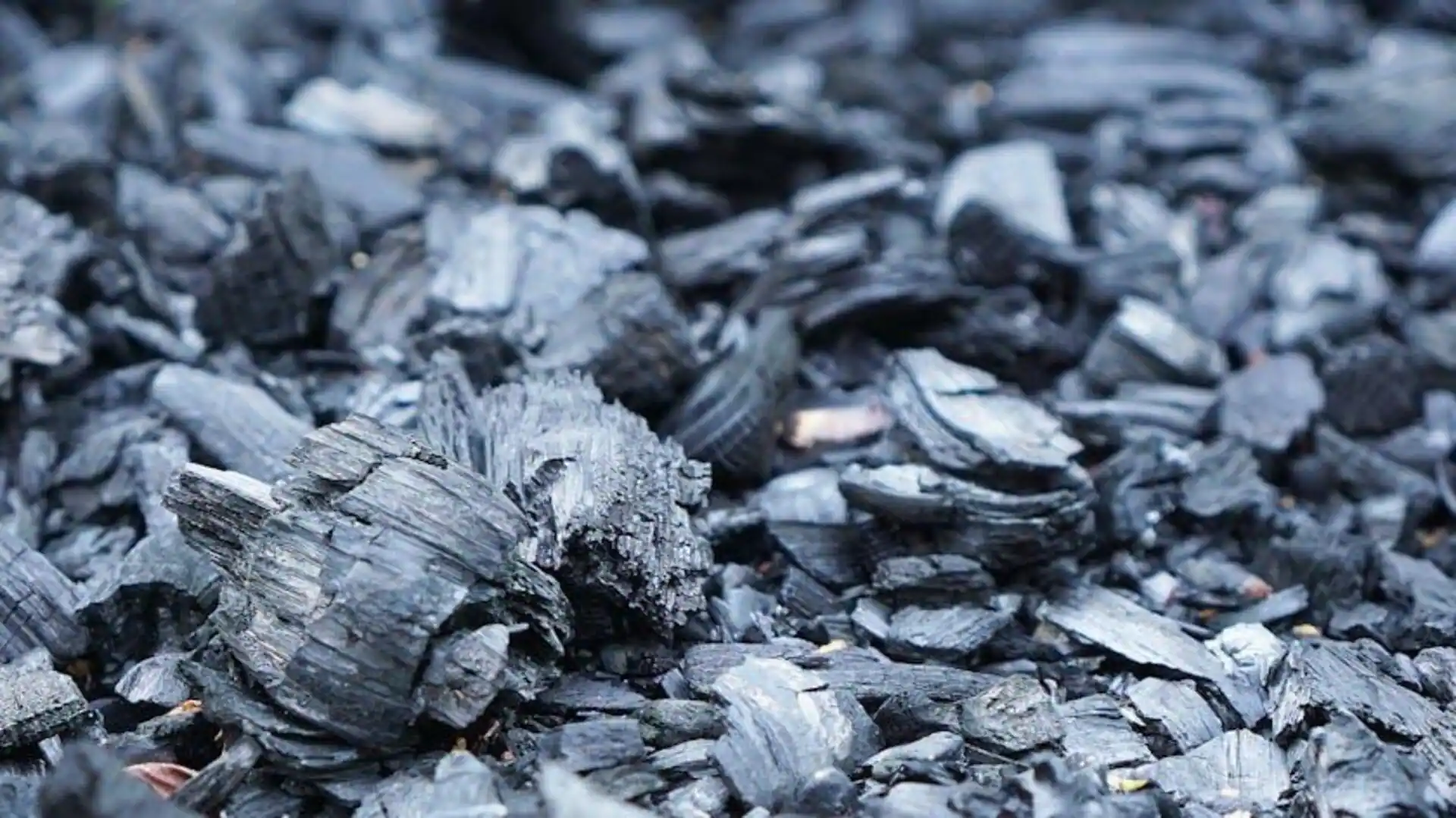Benefits of charcoal for plants are increasingly recognized in the world of agriculture and plant cultivation, where soil fertility is a key factor for achieving maximum yields. However, many soils today are experiencing quality degradation due to excessive use of chemical fertilizers.
As a natural and sustainable solution, charcoal—or more specifically, biochar—has gained increasing attention due to the significant charcoal benefits for soil, including improved structure, better water retention, and enhanced nutrient availability. This article explores the many charcoal benefits for soil as a natural way to improve fertility. For a detailed exploration, see this article on charcoal benefits for plants.
What Is Charcoal in Agricultural Use?
Biochar, also known as charcoal, is a carbon-dense substance created by burning organic materials such as wood, agricultural residues, or rice husks in a low-oxygen setting, a process known as pyrolysis. The result is a porous and stable solid substance with multiple benefits for soil health.
1. Improves Soil Structure
Charcoal has a porous texture that enhances soil structure, making it looser and less compacted. This supports better root development, enhances soil aeration, and improves water circulation within the soil. Loose, well-structured soil supports healthier plant development and better drainage.
2. Increases Water Retention
Charcoal can absorb and retain large amounts of water. This is especially beneficial in dry soils or during droughts. Plants receive a steady water supply, which helps reduce the risk of water stress.
3. Retains and Slowly Releases Nutrients
Thanks to its high porosity, charcoal acts like a nutrient sponge. It absorbs nutrients from organic or chemical fertilizers and gradually releases them to plants. This improves nutrient use efficiency and reduces nutrient leaching due to rainfall or irrigation.
4. Balances Soil pH
Many tropical soils are naturally acidic, which makes it difficult for plants to absorb essential nutrients. Charcoal has alkaline properties that help neutralize soil acidity, making important nutrients like calcium, magnesium, and phosphorus more available.
5. Enhances Microbial Activity
Charcoal creates a supportive environment for helpful microbes, including nitrogen-fixing bacteria and mycorrhizal fungi. These microbes help decompose organic matter and provide natural nutrients to plants. Healthy microbial life leads to more fertile, living soil.
6. Reduces Greenhouse Gas Emissions
Charcoal stores carbon in a stable and long-lasting form, allowing it to remain in the soil for hundreds or even thousands of years. This makes it effective in reducing CO₂ emissions, contributing to more climate-friendly farming practices.
7. Binds Toxins and Heavy Metals
Soils in urban or industrial areas are often contaminated with heavy metals or harmful chemicals. Charcoal can bind these toxins and prevent them from being absorbed by plants. This is especially useful in soil remediation efforts.
8. Reduces the Need for Fertilizers and Pesticides
By improving soil structure and nutrient availability, charcoal can help farmers reduce the use of chemical fertilizers and pesticides. This results in agriculture that is both more economical and eco-friendly.
How to Use Charcoal in Agriculture
For best results, charcoal should be prepared and applied correctly:
- Use natural charcoal without any added chemicals.
- Crush the charcoal into small granules or powder.
- To activate the charcoal, immerse it in compost tea, nutrient-enriched water, or manure slurry for a few days.
- Mix it evenly with soil, especially around the root zones of plants.
The general recommendation is 5–10% of the soil volume or about 1–3 kg per square meter, depending on the condition of the land.
Conclusion
Using charcoal for soil offers a wide range of benefits—from improving structure and moisture retention to boosting nutrient efficiency, supporting microbial life, and lowering carbon emissions. This makes charcoal a natural and sustainable solution for significantly enhancing soil fertility.
By understanding the charcoal benefits for soil, we can take meaningful steps toward healthier, more productive, and environmentally conscious agriculture. For more insights, visit JACoid—a great starting point for exploring these ideas.

